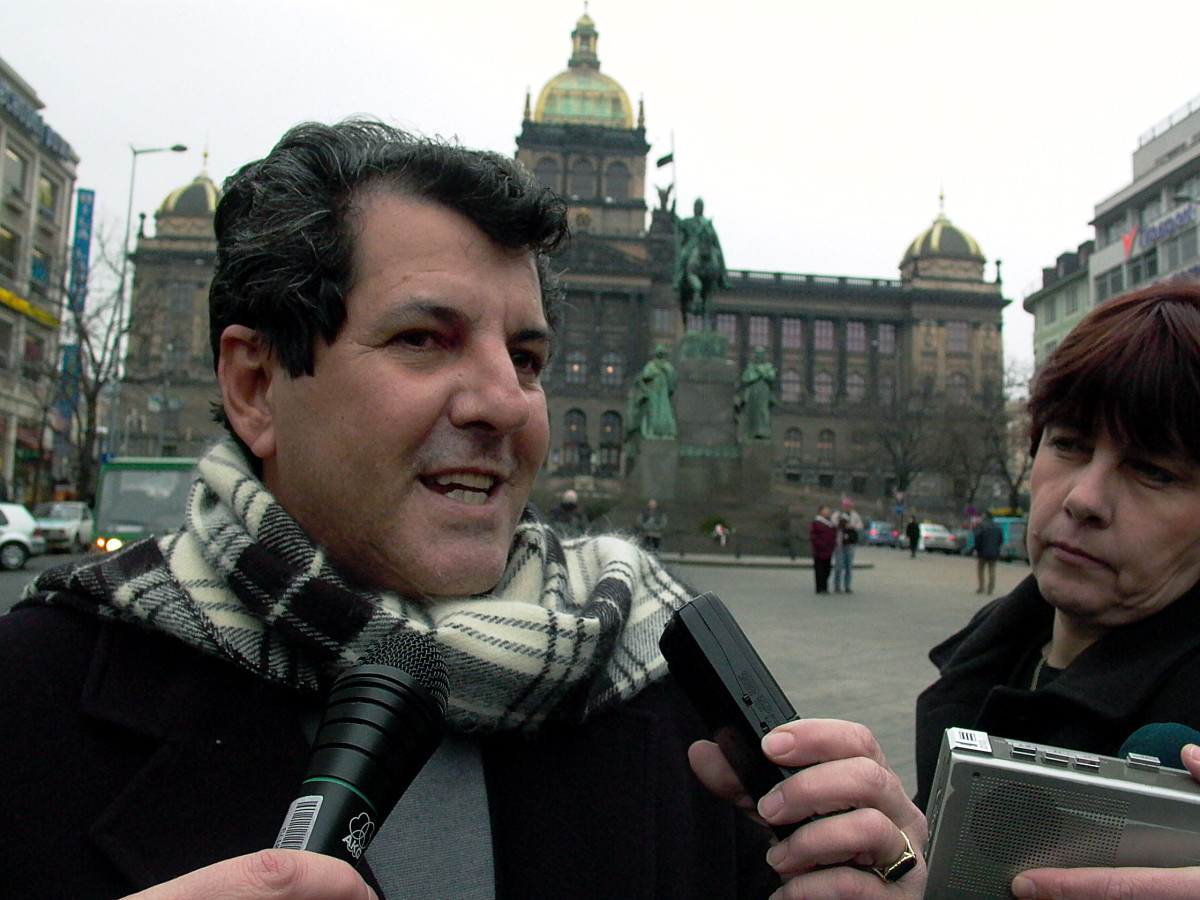Remembering Oswaldo Payá Sardiñas, the famous Cuban dissident who died 5 years ago under suspicious circumstances
Published: Jul 22, 2017 Reading time: 4 minutes Share: Share an articleOn the 22nd of July, we mark 5 years since the death of Oswaldo Payá Sardiñas, the dissident and activist who died in a car crash in the province of Granma in Eastern Cuba in 2012. On Cuba, he called for non-violent resistance against the authoritarian communist regime; he demanded the government to secure basic human and civil rights and freedoms for its citizens. Further victim of the accident was Harold Cepero, another Cuban activist who was in the car with Payá.

The family of Payá claims that the accident was in fact an intentional killing planned by the Cuban regime. Payá was getting ever more people on his side and was therefore threatening the authority of the Communist Party of Cuba, headed by Fidel Castro and later by his brother, Raúl. Furthermore, on the day of the accident, Payá’s and Cepero’s car was followed by several Cuban state security cars.
Not all activists agree with this version of events – some tend to think that it was in fact an accident. There were also two foreigners in the car – Angel Carromero from Spain and Aron Modig from Sweden – who survived the crash into a tree with only minor injuries.
Either way, Oswaldo Payá’s death was a big blow to the scene of Cuban dissent. Payá, labelled as an American agent by the Communist regime, was the central figure of the opposition group Christian Liberation Movement (Movimento Cristiano Liberación), and one of the most famous Cuban activists. He was also thought of as the possible future president of Cuba. He was repeatedly persecuted, detained and interrogated by the state apparatus and his family's house became a frequent target of attacks by "unknown street bands". Despite all this, persistently and with great courage, he opposed the dictatorship and continued to promote democratic principles, especially the respect for basic civil and religious rights.
Already in 1968, then as an 18-year old, Payá protested against the invasion of Russian troops into Czechoslovakia. Shortly after, he was sent into a labor camp, where he spent the next three years. After his release, he enrolled at the University of Havana, but was expelled when it became known he was a practicing Roman Catholic.
Regis Iglesias, a Cuban politician, activist and a friend to Oswaldo, remembered him a year after the accident: “We got our own share of repression after barely reaching adulthood in the 1980s, just because of our music preferences. We listened to songs by Rolling Stones, Black Sabbath, Led Zeppelin, Kiss or White Snake, groups popular with young people elsewhere in the world. In Cuba, however, this kind of music was considered an ideological deviation”.
By the end of the 1980s, Payá founded The Christian Liberation Movement as a platform for independent resistance against the ruling Communist Party. He was later also the leader of the petition campaign Varela, which managed to collect tens of thousands of signatures demanding the government to secure freedom of assembly, freedom of the press and the right to vote.
People in Need awarded Oswaldo Payá with the Homo Homini award for 1999, for his significant contribution to the area of human rights. Three years later, he received the Sakharov Prize for Freedom and Thought, and he was repeatedly nominated for the Nobel Peace Prize. One of those who nominated him for this award was also the former Czech president Václav Havel, in 2005.
"We must continue in our efforts, whether it is Castro who rules, or someone else. (…) We must continue until there is freedom and justice in our country,” wrote Payá in 2000.
The persistent work of Oswaldo Payá and his Christian Liberation Movement, which he founded together with his wife and other Christian-minded people, and which has been already operating for thirty years now, has produced its fruits: it has resulted in an authentic and coherent alternative that has not been silenced by repression, incarcerations, exile nor Oswaldo's death.
Today, it is Oswaldo Payá's daughter, Rosa María, who continues in his tireless efforts. Her civil initiative Cuba Decides (Cuba Decide) is pushing for a referendum to hold free elections in the year 2018.


